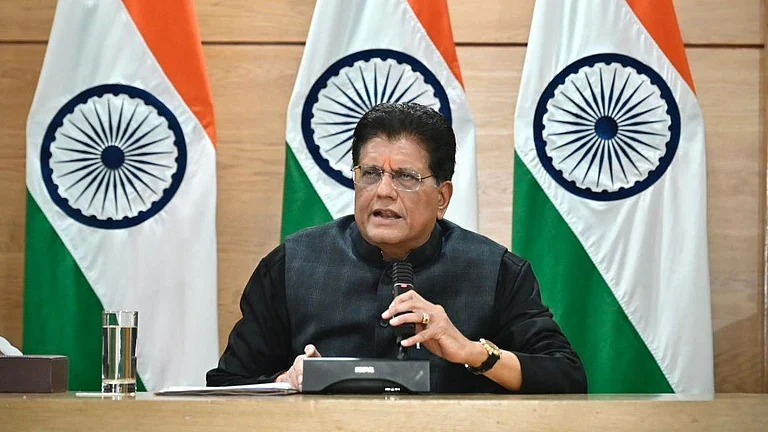Narinder Wadhwa, President at Commodities Participants Association of India (CPAI) explains the impact of Union Budget 2020 on Indian commodity market during an interview with Himali Patel.
What has been the impact of Budget 2020 on the commodity markets?
Budget 2020 is structural in nature with the theme of aspirational India, caring society and economic development. The best possible outcome that can be attributed to the budget are: (i) there has not been any increase in the tax rates, (ii) there has been no introduction of estate duty, and (iii) there has been no reintroduction of wealth tax. While there have been a few more positive spots, at a macro level, the budget seems to have missed to instigate widespread cheer.
The budget made a number of provisions for the agriculture sector - doubling farmers’ income and emphasised on building agricultural infrastructure like warehousing near mandis through PPP mode. For commodity derivatives, Commodities Transaction Tax (CTT) is imposed on exercise of options on goods. It is chargeable at 0.0001 per cent, payable by the purchaser where the option is exercised resulting in the actual delivery of goods, which is the same rate at which CTT is currently charged on futures and options.
The government is in the process of developing the commodities market and we should encourage our business houses to participate in it. By taxing and making it costly will not help. The high cost of trading with introduction in 2013 has led to a steep fall in volumes that affected the liquidity. Increased impact cost is a dampener for hedgers.
Was the budget in-line with your expectations?
We were expecting some announcements to set up spot exchanges for various commodities. With the physical markets for commodities being dispersed, price-discovery of the underlying - on which commodity contracts are based - is a challenge.
In order to improve participation, we were expecting banks to be allowed to trade on these platforms. If the government begins to use domestic exchanges to hedge commodity price risk, it can boost activity on these platforms.
How does the high CTT impact present transactions?
CTT on new commodity derivative products have been proposed in this budget at a time when the industry was demanding to scrap it.
Our primary demand was to reduce the cost of transaction on commodity trade and remove double taxation on by a rebate under 88E for CTT, so that we could bring trading and hedging back to the Indian commodity exchanges, which have gone out to overseas exchanges, thanks to high cost of transaction. Corporates are hedging on overseas exchanges because Indian markets lack depth and there is a high impact cost.
What is the role of the government in boosting the commodities market participation in India?
Three P’s are required for the development of commodities markets - Policy, Products and Participants.
Our regulators and the government are taking pragmatic steps to develop the commodities markets and many policy decisions are taken like the merger of Forward Markets Commission (FMC) with Sebi, allowing further merger of commodities broking into equity at the brokers’ end.
New products are being added like options and indices. New entrants, like Alternative Investment Funds (AIFs), Foreign Portfolio Investors (FPIs), mutual funds, are also being allowed to participate. Going forward, we expect banks will also be allowed to participate. The government’s role is to ensure the cost of transaction in Indian exchanges are competitive with overseas exchanges.
The government needs to encourage electronic market platforms for our farmers and Farmer Producer Organisations (FPOs) and link spot and derivatives markets for the development of commodities market ecosystem.































